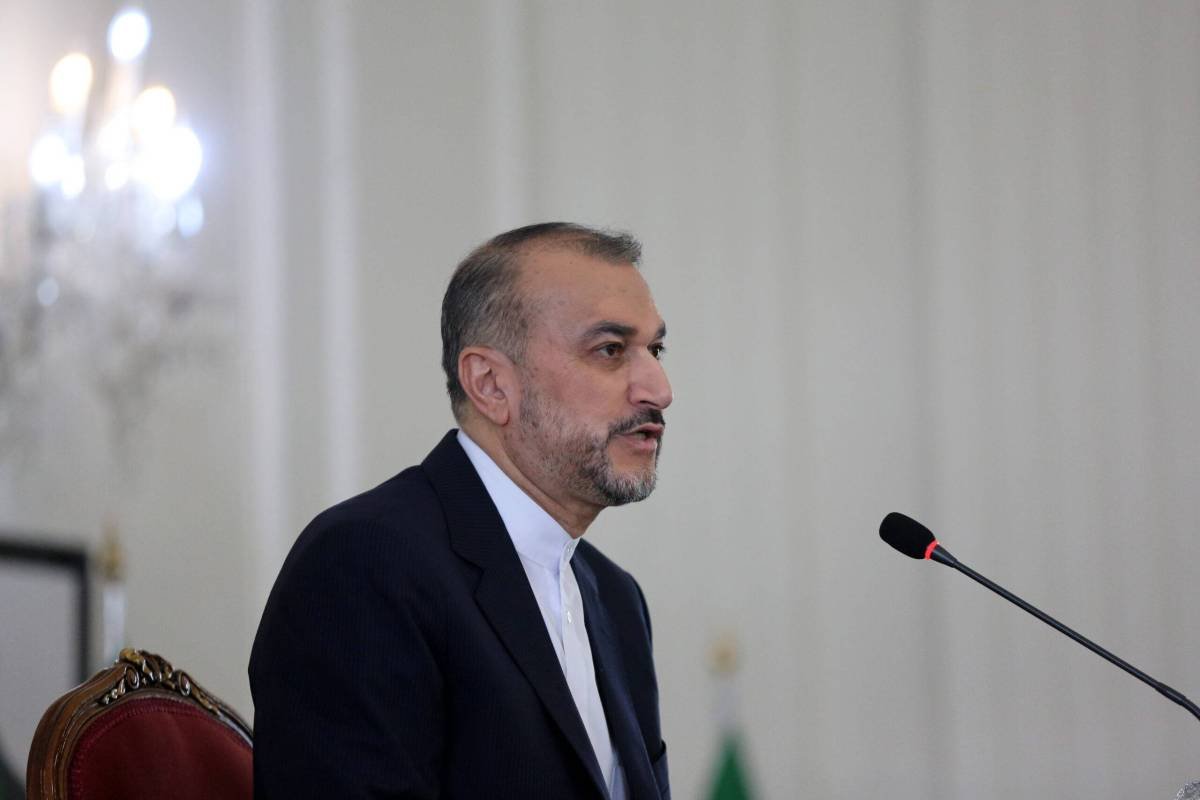Israeli settlers have killed two Palestinians in the occupied West Bank, according to Palestinian officials, after a weekend of escalating violence across the territory.
The Palestinian health ministry named the victims of the attack near Nablus as Abdulrahman Maher Bani Fadel, 30, and Mohammed Ashraf Bani Jame, 21, according to the official Palestinian news agency Wafa.
Salah Bani Jaber, mayor of Aqraba, a town near the northern city of Nablus, witnessed Monday’s settler attack. He said that about 50 settlers, many of them armed, attacked members of his community.
They “assaulted residents and fired at people in the town leading to the death of two citizens,” the mayor said, adding that “the occupation army is still holding the bodies.”
“There were Israeli soldiers at the scene who stood idly by watching the settlers,” he told the Reuters news agency.
The Palestine Red Crescent Society said soldiers blocked its ambulances from reaching the area and tending to the wounded.
The Israeli military said it was looking into the incident, telling Agence France-Presse “an initial inquiry suggests that the fatal shootings did not originate from the IDF.”
In a statement, it said “earlier today, the IDF received a report regarding a Palestinian suspect who attacked an Israeli shepherd in the area of Gitit.
“A violent exchange developed between Israeli civilians and Palestinians in the area. IDF soldiers were dispatched to the scene and operated to disperse the violent exchange.
“During the incident, two Palestinians were reportedly killed.”
On Friday, a 14-year-old Israeli shepherd, Benjamin Achimeir, went missing from the Malachi Hashalom outpost near Ramallah in the West Bank.
Over the weekend, hundreds of armed Jewish settlers raided Palestinian villages near the city of Ramallah, blocking roads, setting houses and cars ablaze, and firing at civilians, medics and civilians said.
The attacks intensified after Achimeir was found dead nearby on Saturday in what Israeli prime minister, Benjamin Netanyahu, called a “heinous murder”. Israel said it was a suspected militant attack.
The West Bank, which Israel has occupied since 1967, has seen a surge in violence since early last year, which worsened after the Israel-Hamas war erupted in Gaza.
The US state department has condemned the killing of the Israeli teen and also said it was increasingly concerned by violence against Palestinians in the West Bank.
In one incident caught on video and published by Israeli rights group Yesh Din on Sunday, a group of masked settlers appeared to set fire to a car in a West Bank town under the watch of at least three Israeli soldiers.
In response to the video, the Israeli military said: “The behaviour of the soldiers in the video does not correspond to the values and orders of the army. The incident is being examined and the soldiers will be dealt with accordingly.”
Since the 7 October attacks, the West Bank has seen stepped-up Israeli military raids, settler violence and Palestinian street attacks.
In a separate incident on Monday, Israeli forces raided Nablus, killing 17-year-old Yazan Ishtayeh and wounding three other people, the Palestinian Health Ministry said.
A spokesperson for Israel’s Border Police said that undercover border police officers together with Israeli soldiers launched an operation in Nablus to arrest a suspect. During the activity, there was rioting in which one person threw an explosive device at the troops and was shot dead by the undercover unit, the spokesperson said.
The Palestinian Health Ministry says at least 466 people in the West Bank have been killed by Israeli forces or settlers, among them armed fighters.
In the same period, at least 13 Israelis, including two members of Israel’s security forces, have been killed by Palestinians in the West Bank, according to an Israeli tally.
(Source: Agencies)










